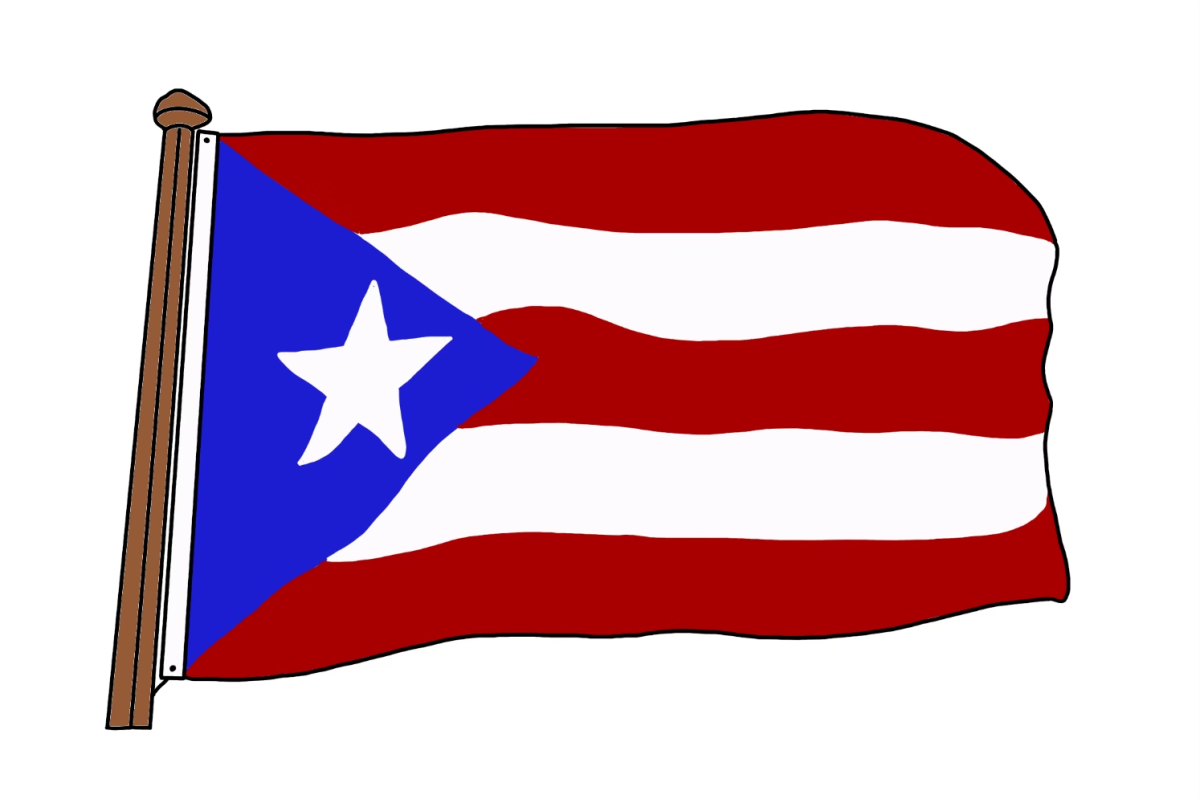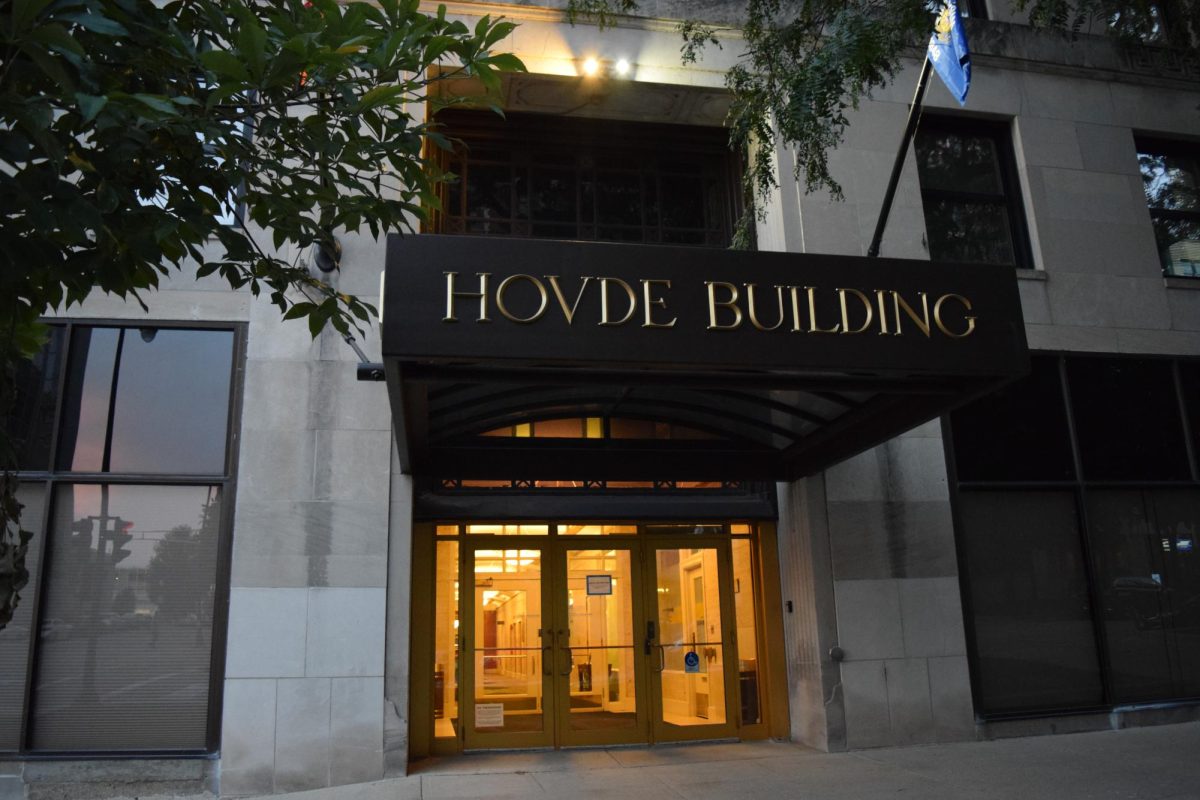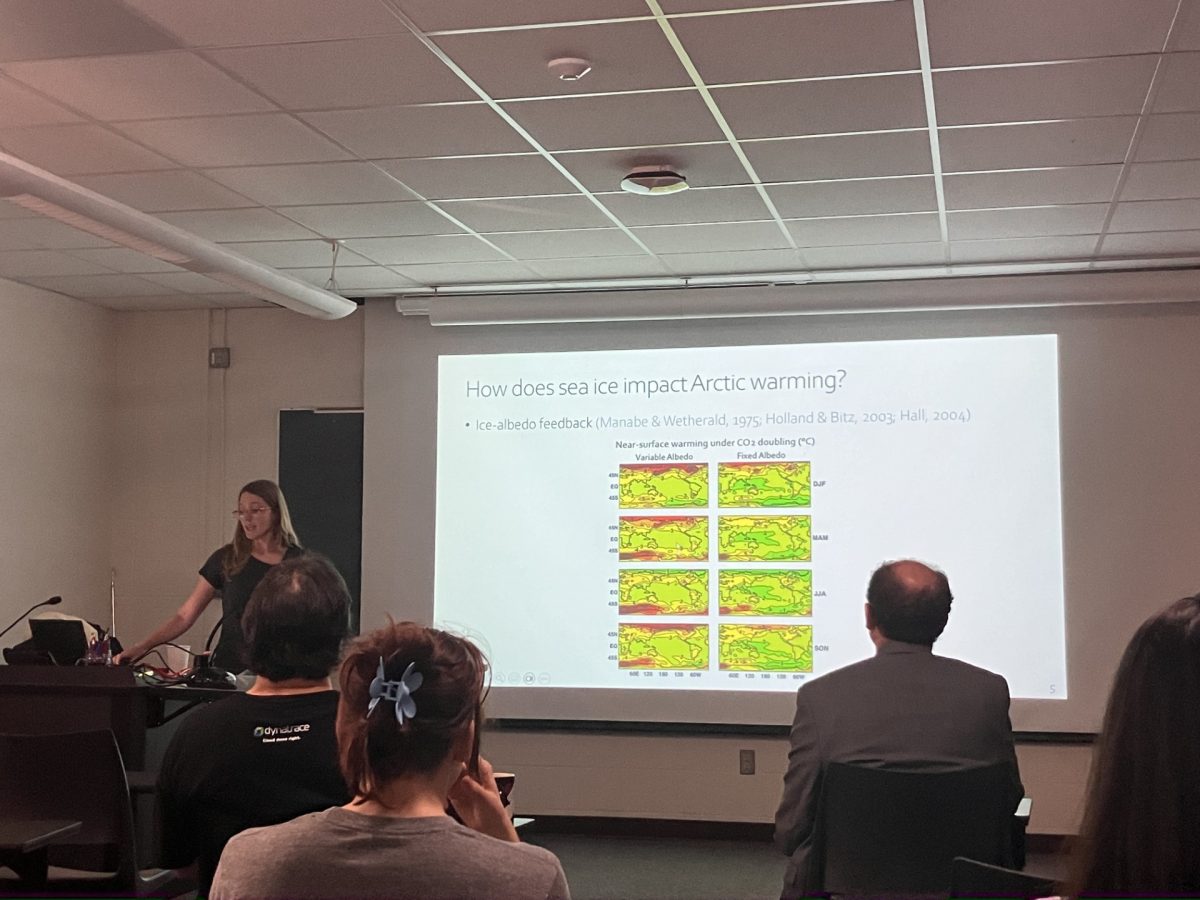(U-WIRE) ANN ARBOR, Mich. — It’s the end of the school year. Spring is in the air, and all thoughts are turning toward Wednesday, when — if tradition has anything to say about it — University of Michigan students, especially outgoing seniors, will turn to the streets, shed some clothing and make a celebratory run for it.
Some will run to say their goodbyes to the university and their undergraduate years here. Others will run to celebrate the passing of another year and the coming of another summer. Others will run just to run.
Whatever the reason, the Naked Mile has been a popular campus tradition ever since 12 members of the university’s men’s and women’s rowing team and varsity men’s track team made the first streak down South University Avenue in 1986.
But after years of decreased participation sparked by national media attention, increased police enforcement and a university-sponsored ad campaign encouraging students not to run the Mile, many students wonder if the Naked Mile will ever be what it once was — a local student tradition, by the students and for the students.
“Tradition is important at Michigan … it was a way for seniors to celebrate, to do something crazy and say they did it,” sophomore Lindsay Kokoczka said. “I hope it will be back, but I’m not sure it will,” she added.
For many students, the Naked Mile took a sour turn during the last two years.
In 2000, the teams credited with starting the tradition boycotted the event, declaring they no longer wanted to participate in the Mile.
“With the large crowds and the heavy emphasis on taking pictures for the Internet, the Naked Mile is no longer something the team wishes to be associated with,” said former men’s lacrosse team president Greg Walker in a written statement released that year. “It used to be a fun outing, but for the past two years, it has become increasingly uncomfortable and unsafe. We don’t want our team to be linked with the circus the event has become.”
In 2001, the Mile was broadcast live over the Internet by Cyber Management Inc, an Atlanta-based company. Photographers from national media and pornography organizations hovered over the event in blimps and helicopters.
“It’s basically become an exploitative event,” said senior Mike Panetta, adding that he believes the fear of finding themselves naked on the Internet deterred many students from participating. “I don’t want to be looking on the Internet and find some picture of me in my underwear on some trashy website.”
Ads displayed in residence halls and the Michigan Daily spoke about the “naked truth about the Naked Mile,” giving students reasons not to participate, from being groped or arrested to losing job opportunities.
“Everyone just stopped running because the school discouraged it so much,” junior Kara Davis said.
The Department of Public Safety estimated that only a dozen students — down from 400 in 2000 and 800 in 1999 — actually ran in the 2001 Naked Mile, though many others attempted and were stopped by police officers. Several students were arrested, while hundreds of other students organized a sit-in in the middle of South University Avenue in protest of the arrests. Other students organized small Naked Mile alternatives for the next night.
“I think it’s kind of disgusting to see all those people broadcasting and photographing it for the Internet, so I can see why the police cracked down on it,” Panetta said.
In an attempt to preserve the campus tradition and avoid arrest, the few students who chose to run last year kept their underwear on. But the change disappointed many students.
“The point of the Naked Mile is to go naked. Anyone can run around in their underwear any time of the day; it’s not a big deal. If you are going to do it, you are going to do it right,” Kokoczka said. She added that she hopes the Mile finds another way to revive or replace itself.
But students said they don’t know if that can or will happen, or what to expect this year.
“I think people will still go down to South University on Wednesday and see if anything goes on,” Panetta said.







